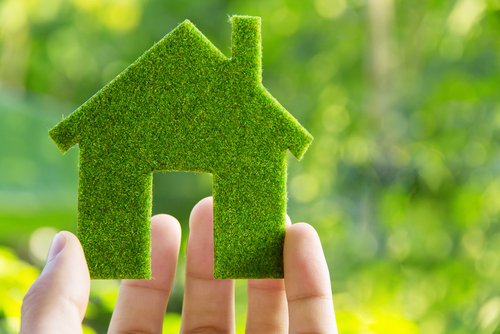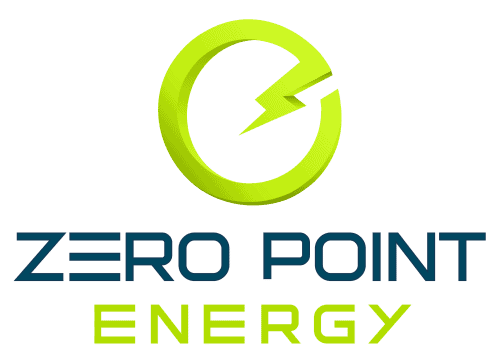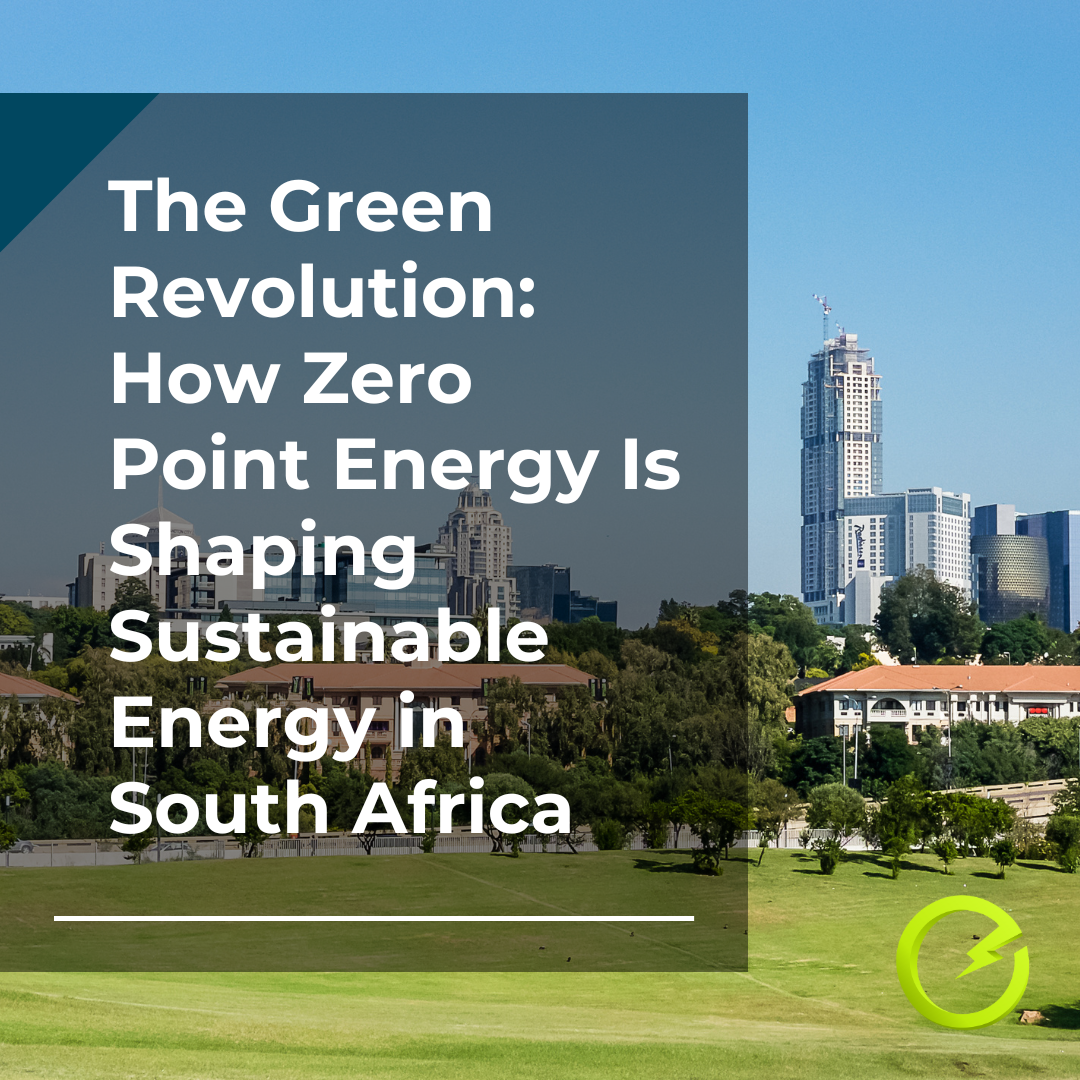
Going green is more than just a fad. It is a lifestyle shift that contributes to a cleaner and greener environment. As custodians of this beautiful planet, it is up to us to protect the earth and conserve its precious resources so that future generations are not shortchanged in any way. As policymakers work to put in place more environmental protection measures on the nation and global scale, individuals and families can also play their part and take the initiative to be greener at home. Going green has many benefits which are looked at in this article together with some practical ways on how to go green in your home. How we use energy, water, and deal with waste are all important considerations. It is possible to make some positive changes on any budget size.
Ways to Go Green at Home
There are many benefits of going green in your home, both environmental and economic, and these will be discussed in the next section. Whether you are looking to adopt some new habits or go bigger by installing some solar equipment, there is always something you can do to be green. These measures largely relate to some of the challenges currently facing the nation. These are water shortages, power outages and inefficiencies, and much pressure on Eskom to supply increasing power demand. Other issues of concern include pollution and waste.
In terms of small changes you can make to be green at home, here are a few to think about:
- Saving water: Water saving habits to adopt include limiting how much water you use in daily activities as well as how long you shower for, recycling greywater, rainwater harvesting, and regulating how much water you use to your garden and what time of the day you do so.
Saving energy: You can save electricity at home by turning off the lights in rooms that are not occupied, unplugging appliances when they are not in use, and replacing regular light bulbs with fluorescent ones. You can also save on fuel by opting to walk or cycle more often as well as carpooling.

(Source: Team CURIOUS)
Recycle and reuse: Responsible disposal of different kinds of waste is a great practice. There are many recyclable materials including plastic containers and glass bottles that can be collected separately and sent in for recycling. Choosing to reuse items and use less plastic can also help to reduce waste.
In terms of larger investments and changes you can make in your home, here are some great ideas:
- Install solar: Solar energy is fast-growing as a real solution to the challenges with the energy supply. There are many routes to take here. You can have solar PV installed on your roof or in your yard to power a range of different appliances such as your home lighting. A solar geyser is also a great way to harness the sun’s energy for all your hot water needs. Now with all the advances in solar PV and battery technology, you can store the power onsite for later use.
Green building: This encompasses many of the ideas already covered and relates to structural and design changes that can be implemented in your house to make it more energy, water, and material efficient as well as improving the indoor air quality. Experts can help you assess where there are deficiencies in the insulation and air circulation aspects of the building according to green building standards. These considerations are most effective in new home construction and design, but it is also possible to make changes and renovations to existing structures. Some green building design ideas are shown in the image below.

(Source: Treehugger)
Benefits to the Environmental
All the ways to go green at home that have been covered above can help you contribute to protecting the environment, and they also have other economic benefits. Using renewable energy such as solar energy or wind is sustainable and does not produce harmful emissions unlike burning fossil fuels. Most of South Africa’s power (77%) comes from coal-fired power stations. Some of the harmful emissions from this include nitrous oxides and sulphur dioxide which pollute the atmosphere. They can cause respiratory complications or combine with rainwater to form acid rain which causes deforestation, threatens aquatic life, and can corrode buildings. Additionally, the large volumes of carbon dioxide produced in coal combustion contribute to the greenhouse effect(pictured below) which leads to global warming. Global warming is a real threat to the earth. It is causing climate change, an upset in the balance of life, and may have other yet to be seen implications which is a major cause for concern the world over.

(Source: The Talking Democrat)
Using renewable sources of energy also limits the reliance on finite fossil fuels such as coal and crude oil using sustainable alternatives. It allows you to be more self-sufficient and reduces the pressure on the national grid. Going green also conserves precious natural resources such as water. South Africa’s water crisis, though centered in the Western Cape, is a national crisis that requires all hands on deck to use the resource responsibly.
Other environmental benefits of going green are improved air quality, improved health, and reduced waste. Recycling and use of better materials in building and everyday life also reduce landfill waste because plastic, for example, is non-biodegradable. Plastic pollution is a big threat to aquatic and animal life, and burning plastic pollutes the air. The diagram below breaks down some worrying statistics.

(Source: Responsible Tourism Partnership)
Besides the environmental and health-related advantages of going green, there are some great financial benefits as well. Using less water and energy can cut down your utility bills significantly in the same way that energy-efficient home designs can. Reusing and repurposing also save you money. Solar energy is cheaper than power from the grid, so that is a great incentive for installing solar PV on your property. Green home designs and installed solar also increase home value.
Going green at home is about being responsible about how you use the resources around you. Your actions have an impact on the environment. As the population and resulting pressure on the earth’s resources continue to grow, going green is a great way to contribute positively. For more practical ideas on how you can go green at home, you can visit this list.
Feel free to contact us to see how best we can offer our sustainable engineering expertise to help you:
+27605218388 | info@zpenergy.co.za | @zeropointSA | www.zpenergy.co.za
Zero Point Energy (Pty) Ltd is a proudly South African sustainable engineering company that provides professional engineering consulting & turn-key solutions in the areas of energy efficiency, renewable energy, off-grid and energy storage solutions, water efficiency and responsible waste management. The company is a 100% black youth-owned, 30% black female-owned EME achieving a Level 1 BBBEE Contributor status, and has a passion to transform the energy industry without compromising on safety, quality and client satisfaction. Email: info@zpenergy.co.za Web: www.zpenergy.co.za



